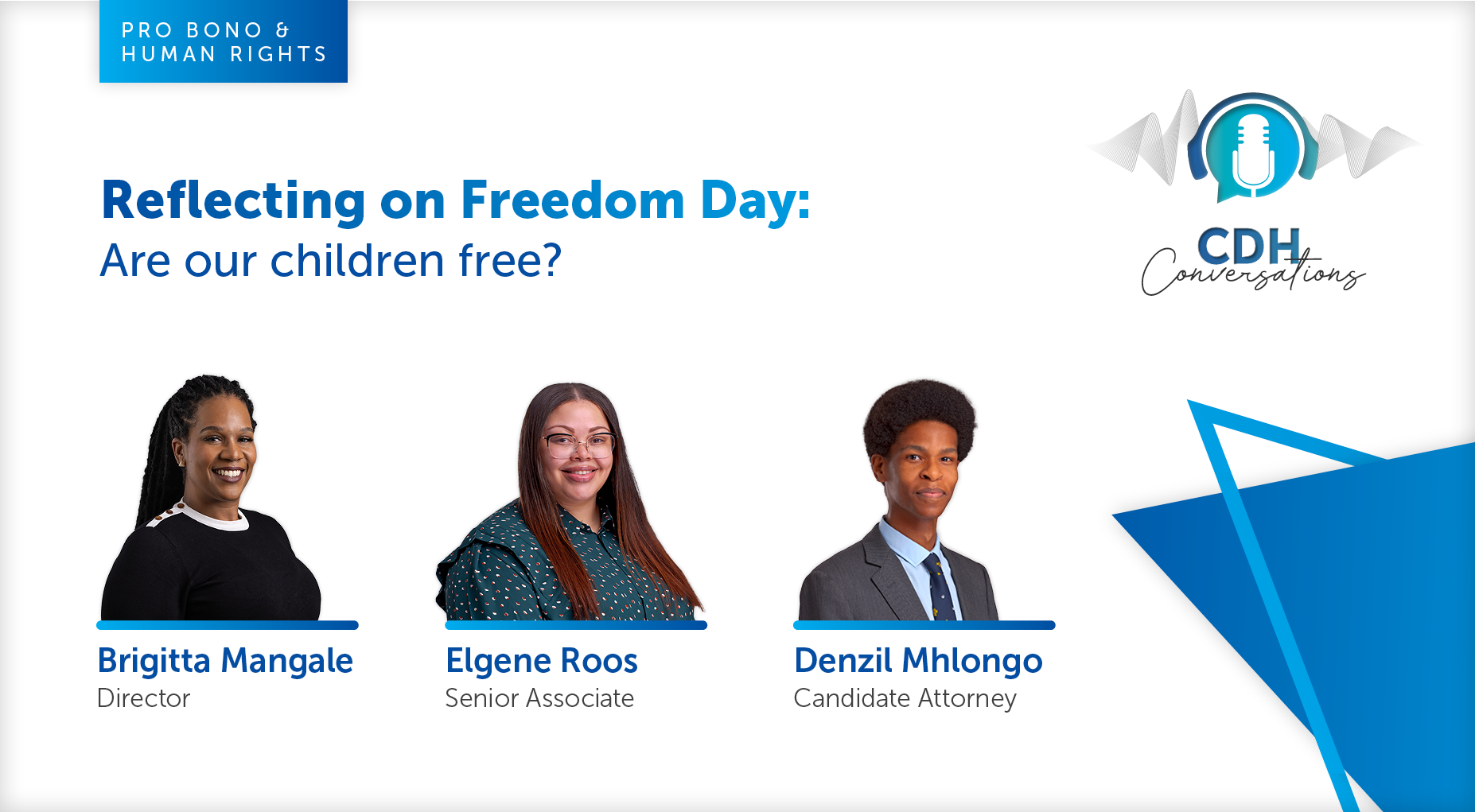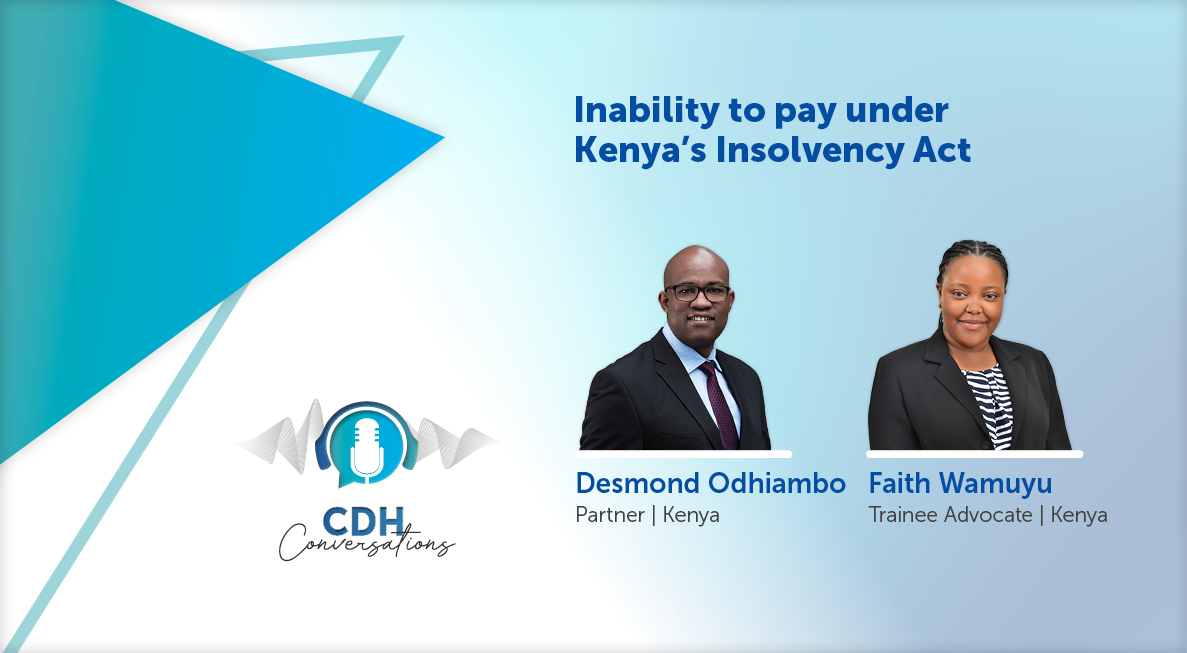Regulation of competition in East Africa by the East African Community Competition Authority
At a glance
- The East African Community Competition Authority (EACCA) has announced that it will start receiving applications for approval of cross-border mergers and acquisitions from 1 November 2025.
- The requirement for approval of cross-border mergers by the EACCA is an additional regulatory layer that businesses will have to factor in as they plan for mergers and acquisitions.
- In this alert, we outline the background to the EACCA competition regime, the notification thresholds, and possible effects on businesses seeking to explore cross-border mergers and acquisitions within the East African Community.
Background
The East African Community Competition Act of 2006 (Act) establishes the EACCA as the institution responsible for implementing and enforcing cross-border competition law and policy within the EAC. The EAC is made up of eight member states including the Republic of Burundi, the Democratic Republic of Congo, the Federal Republic of Somalia, the Republic of Kenya, the Republic of Rwanda, the Republic of South Sudan, the Republic of Uganda and the United Republic of Tanzania. A merger where both the target and the acquirer, or either of them, operate in two or more EAC member states, is a cross-border merger in terms of Regulation 4 of the East African Community Competition (Mergers and Acquisitions) Regulations, 2025, and would, subject to meeting the prescribed financial thresholds, require approval from the EACCA.
Notification thresholds
A cross-border merger is notifiable to the EACCA by the acquirer as soon as the merger agreement is signed by the parties if:
- the combined turnover or assets in the EAC of the merging undertakings, whichever is higher, equals or exceeds USD 35 million; and
- at least two undertakings to the merger have a combined turnover or assets of USD 20 million in the EAC, unless each of the parties to a merger achieves at least two-thirds of its aggregate turnover or assets in the EAC within the same member state.
These thresholds are both based on combined turnover or assets, and do not take into consideration individual undertaking turnover or assets. By relying exclusively on the combined financial figures of all parties to a merger, the EAC competition regime may inadvertently capture transactions that do not pose genuine competition concerns, while potentially missing others that do. This approach contrasts with regimes such as the Common Market for Eastern and Southern Africa (COMESA) Competition Commission (CCC), which also considers the individual turnover or assets of each party involved in the merger.
Suspension period
The EACCA regime is suspensory, which means that a notifiable merger cannot be implemented before notification and receipt of approval. The Act, however, states that the EACCA must notify the applicant of its decision within 120 days, and if the decision has not been communicated within this period, the merger may be implemented. Hence, the suspensory period is only 120 days from the date of issuance of a notice of complete filing by the EACCA.
Prescribed filing fees
The prescribed fees for notification of mergers to the EACCA are:
![15133 ALERT_Competition 17 September 2025 (Kenya)[96] 15133 ALERT_Competition 17 September 2025 (Kenya)[96]](/export/sites/cdh/news/publications/2025/Practice/Competition-Law/Downloads/15133-ALERT_Competition-17-September-2025-Kenya96.png)
Implications for businesses seeking mergers and acquisitions
The EACCA has clarified in its notice that mergers notified to it will not require notification to the national authorities. The CCC and the EACCA signed a memorandum of understanding on 10 June 2025 (MOU) to address duplication in merger control and information sharing, but how this will work in practice remains unclear given the regulatory overlaps.
Seven out of the eight member states of the EAC are also member states of COMESA. The COMESA competition regime has been in place for a while, and mergers of undertakings operating in two or more member states of COMESA have been subject to approval by the CCC or their national competition authorities if they do not meet the prescribed COMESA thresholds.
Operationalisation of the EACCA competition regime makes mergers more expensive as:
- Businesses pursuing mergers within the EAC and COMESA will need to conduct analysis at an additional level i.e. national competition regime, EAC competition regime and COMESA competition regime. If the merger affects Tanzania, analysis and possible notification to the Fair Competition Commission of Tanzania will also be required as Tanzania is not a member of COMESA.
- If dual notification is required i.e. notification to the EACCA, CCC and FCC, then parties will incur additional filing fees as well as legal fees for the preparation of and filing of applications for approvals from all the three authorities.
Problematic transition
The EACCA has clarified that mergers that have been initiated or are currently pending before a national authority or other relevant competition authority prior to 1 July 2025 will be concluded by those authorities, and that it will start receiving applications on 1 November 2025. It is therefore unclear how transactions that are currently underway and preparing to file for competition approvals will be handled and it seems unreasonable to expect parties to delay the conclusion of their transactions until the EACCA is receiving applications.
We are monitoring any developments or clarifications that may be issued by the EACCA for the transition period and generally on the implementation of the EAC competition regime and will provide updates as relevant.
The information and material published on this website is provided for general purposes only and does not constitute legal advice. We make every effort to ensure that the content is updated regularly and to offer the most current and accurate information. Please consult one of our lawyers on any specific legal problem or matter. We accept no responsibility for any loss or damage, whether direct or consequential, which may arise from reliance on the information contained in these pages. Please refer to our full terms and conditions. Copyright © 2026 Cliffe Dekker Hofmeyr. All rights reserved. For permission to reproduce an article or publication, please contact us cliffedekkerhofmeyr@cdhlegal.com.
Subscribe
We support our clients’ strategic and operational needs by offering innovative, integrated and high quality thought leadership. To stay up to date on the latest legal developments that may potentially impact your business, subscribe to our alerts, seminar and webinar invitations.
Subscribe




